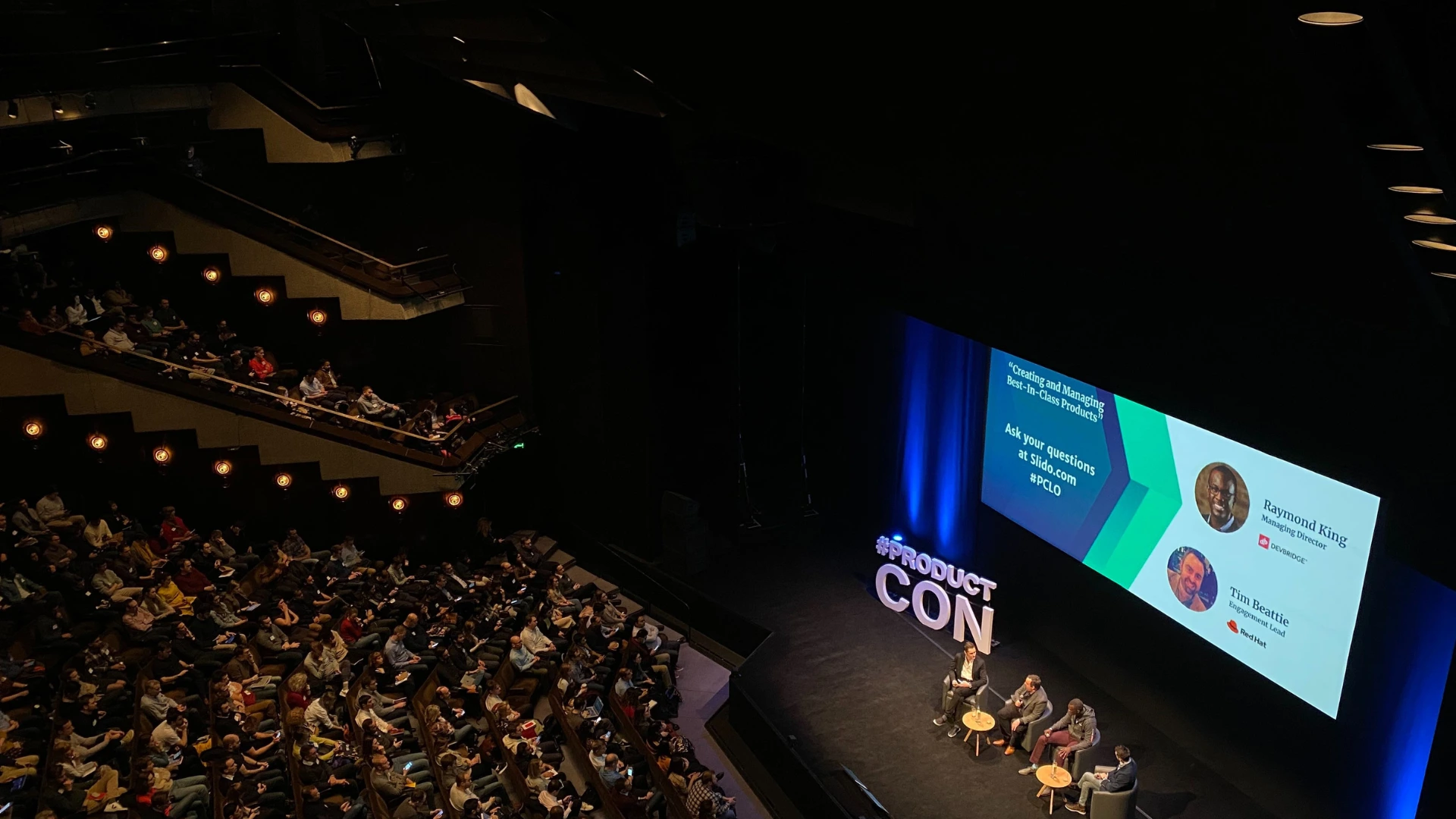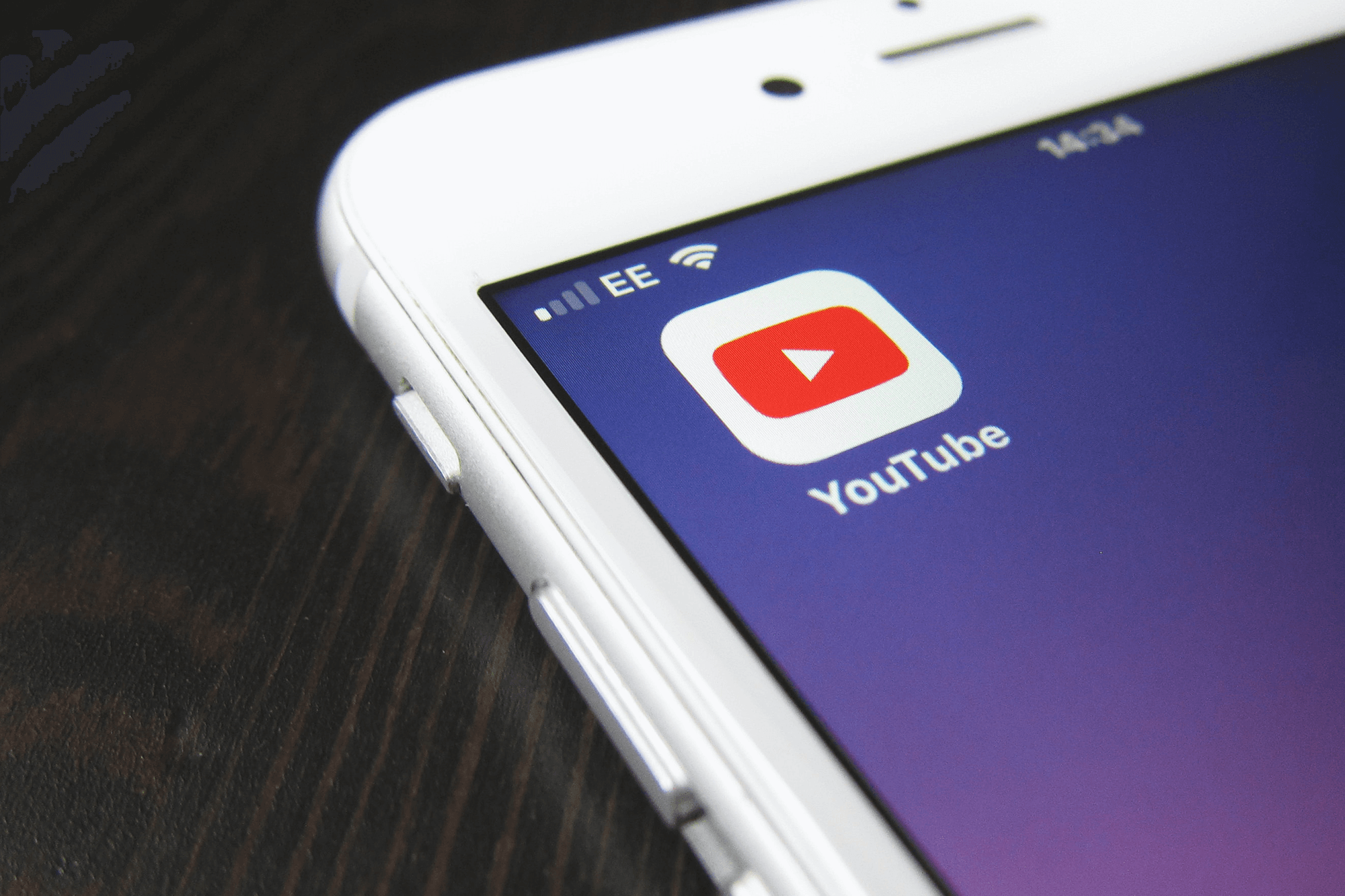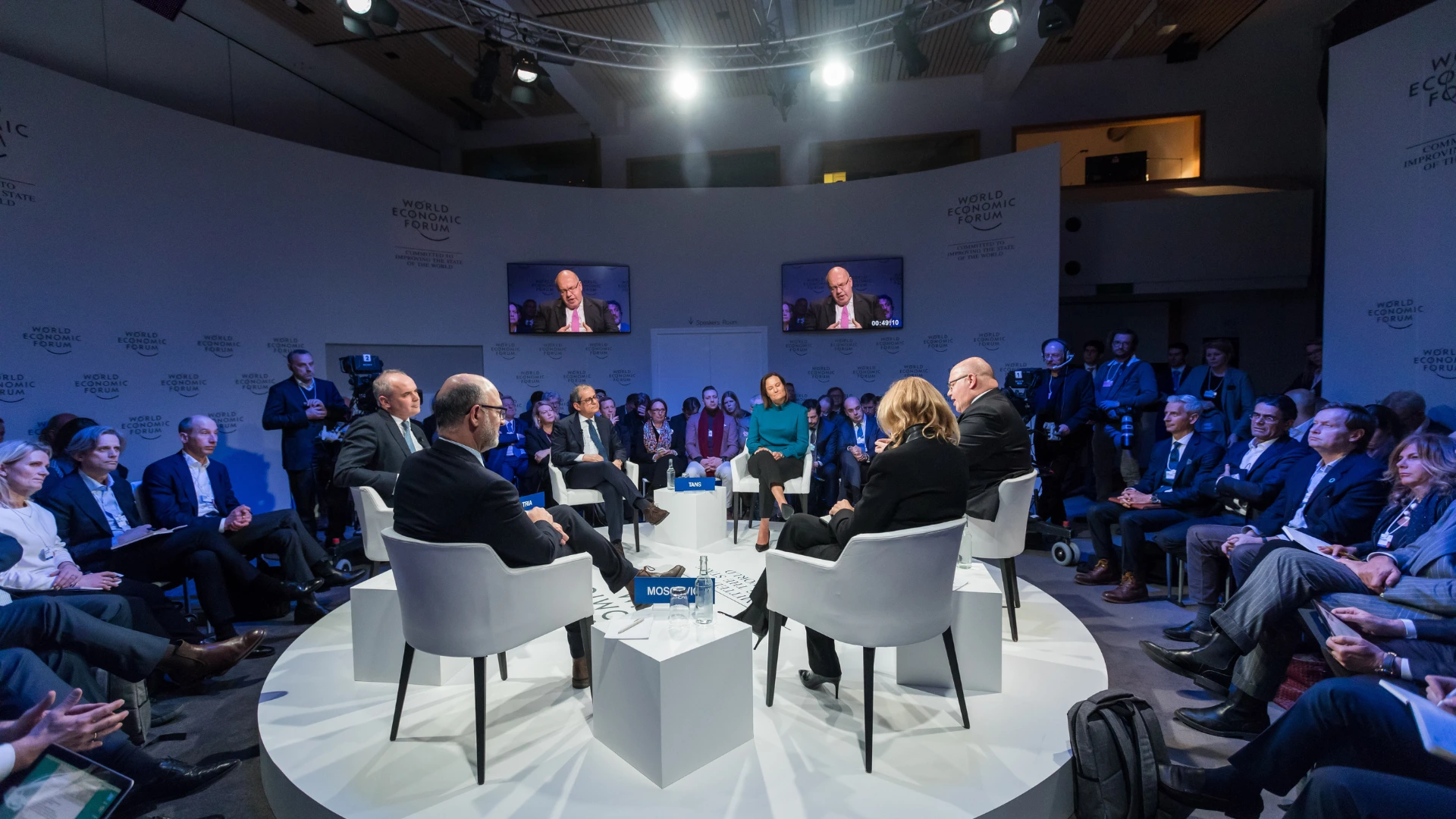Enhancing Medical Conferences with Software Solutions
Medical conferences and exhibitions play a crucial role in bringing together healthcare professionals and industry experts from around Australia.
These events provide a platform for knowledge sharing, networking, and staying abreast of the latest advancements in the medical field.
In this blog, we will explore the significance of medical conferences and exhibitions in Australia and how software solutions can elevate the conference experience for both organisers and attendees.
Contents Mentioned
- 1. Importance of Medical Conferences in Professional Development
- 2. Planning and Organising a Medical Conference
- 3. Securing Keynote Speakers and Expert Presenters
- 4. Leveraging Technology for a Seamless Experience
- 5. Promoting Your Medical Conference
- 6. Final Tips

Importance of Medical Conferences in Professional Development
Medical conferences offer a unique platform for healthcare professionals to enhance their knowledge, exchange ideas, and collaborate with industry experts.
These gatherings provide valuable opportunities to learn about breakthroughs in medical software and explore cutting-edge solutions for better patient outcomes.
Attending conferences enables practitioners to stay abreast of the latest research, advancements, and best practices, fostering continuous professional development.

Planning and Organising a Medical Conference
Organising a successful medical conference requires careful planning and attention to detail.
As a conference event organiser, it's crucial to follow these essential steps to ensure a seamless and impactful event:
1. Set Clear Objectives: Define the purpose and goals of your medical conference. Determine the key messages you want to convey, the educational outcomes you aim to achieve, and the overall experience you want attendees to have.
2. Identify Target Attendees: Understand your target audience, whether it's healthcare professionals, researchers, or industry experts. Tailor the conference content and format to their specific needs and interests.
3. Choose the Right Venue: Select a venue that can accommodate the expected number of attendees and offers suitable facilities for presentations, workshops, and networking. Consider factors such as location, accessibility, and availability of audio-visual equipment.
4. Establish a Realistic Budget: Plan and allocate resources wisely to cover various aspects of the conference, including venue rental, speaker fees, catering, marketing materials, and logistical arrangements. Ensure that the budget aligns with the conference objectives.
5. Develop an Engaging Program: Create a comprehensive program that covers diverse medical disciplines and addresses current trends and advancements. Secure prominent keynote speakers and experts in relevant fields to attract attendees and provide valuable insights.
6. Foster Interaction and Knowledge Sharing: Include interactive sessions, workshops, and panel discussions to encourage active participation and facilitate knowledge exchange among attendees. Consider incorporating hands-on demonstrations or poster presentations to showcase research findings.

Securing Keynote Speakers and Expert Presenters
Securing influential keynote speakers and expert presenters is crucial for the success of your medical conference. These esteemed professionals not only attract attendees but also enhance the conference's credibility. Here are some strategies to secure top-notch speakers:
1. Identify Influential Professionals: Research and identify renowned experts in the medical field who align with your conference theme and objectives. Look for individuals who have made significant contributions and have a strong reputation.
2. Personalised Invitations: Craft personalised invitations that highlight the value and relevance of their expertise to your conference. Explain how their participation will benefit attendees and contribute to the advancement of medical knowledge. Check our guide on event invitations with templates
3. Establish Connections: Leverage your professional network, industry associations, and academic institutions to establish connections with potential speakers. Seek referrals from trusted contacts who can vouch for your conference's quality and value.
4. Negotiation and Communication: When approaching potential speakers, clearly outline the benefits they will receive, such as exposure to a targeted audience or networking opportunities. Be prepared to negotiate speaking fees, travel arrangements, and accommodations to reach mutually beneficial agreements.
5. Speaker Logistics: Once speakers confirm their participation, provide them with detailed information about the conference, including the agenda, session duration, AV requirements, and any special instructions. Maintain open communication to address their concerns and ensure a smooth experience.
6. Express Gratitude: After securing speakers, express your gratitude for their commitment and emphasise the importance of their contribution. Establishing a positive and respectful relationship will enhance their experience and encourage future collaborations.

Leveraging Technology for a Seamless Experience
Technology plays a pivotal role in creating a seamless and engaging experience for both organisers and attendees of medical conferences. Embrace the following technological tools and approaches:
1. Event Management Software: Utilise event management software to streamline registration, ticketing, and attendee tracking processes like TryBooking. This simplifies administrative tasks, allowing you to focus on delivering a remarkable conference.
2. Online Platforms: Leverage online platforms and social media to promote your conference, engage with attendees, and foster networking opportunities before, during, and after the event. Create a dedicated event page, utilise event hashtags, and encourage participants to share their experiences on various platforms.
3. Virtual and Hybrid Formats: Explore the advantages of virtual or hybrid conference formats. Virtual conferences allow remote participation, breaking geographical barriers and expanding your audience reach. Hybrid formats combine in-person and virtual elements, providing flexibility for attendees and speakers.
4. Live Streaming and On-Demand Content: Consider live streaming keynote sessions, panel discussions, and selected presentations for virtual attendees. Additionally, provide on-demand access to recorded sessions, allowing participants to revisit content and extending the conference's value beyond the event dates.
5. Interactive Tools: Incorporate interactive tools like live polling, Q&A sessions, and virtual networking spaces to foster engagement and participation. These features enable attendees to actively contribute, connect with speakers and peers, and enhance the overall conference experience.

Promoting Your Medical Conference
Once you have planned the medical conference, it's crucial to promote it effectively to attract attendees and generate interest. Here are some strategies to consider:
1. Leverage Social Media Platforms: Utilise popular social media platforms like Facebook, Twitter, and LinkedIn to create event pages, share updates, and engage with your target audience. Encourage speakers and attendees to spread the word and use event hashtags.
2. Utilise Email Marketing: Craft compelling email campaigns to reach out to healthcare professionals, researchers, and industry stakeholders. Highlight key conference details, such as the program, speakers, and registration process. Personalise the emails for better engagement.
3. Develop a Visually Appealing Conference Website: Create a dedicated conference website that provides detailed information about the event, including the program, speaker profiles, and registration options. Ensure the website is user-friendly, mobile-responsive, and visually appealing.
4. Collaborate with Medical Associations and Industry Partners: Establish partnerships with medical associations, societies, and industry organisations to extend the reach of your conference. They can help promote the event to their members and provide valuable support and sponsorship opportunities.

Conclusion
Organising a successful medical conference or exhibition requires meticulous planning, effective promotion, and a keen understanding of the healthcare industry's needs.
By following the steps outlined in this guide, you can create an impactful event that fosters collaboration, facilitates knowledge exchange, and contributes to the advancement of medical science and patient care.
As you plan your next medical conference or exhibition, consider utilising TryBooking, an innovative conference software solution.
With its user-friendly platform and robust features, TryBooking simplifies event management, registration, and ticketing processes, ensuring seamless experiences for organisers and attendees alike.

How to Market an Event on YouTube
Jun 12, 2023 · 1 min read
Halloween Party Ideas and Planning Guide
Jun 01, 2023 · 1 min read
You might also like

How to Guide: Take Payments For A Bake Sale With TryBooking
Mar 05, 2025 · 1 min read
Introducing TryBooking Box Office App Tap to Pay on phone
Apr 01, 2024 · 1 min read
How To Market Your Event In 2024
Jan 15, 2024 · 1 min read
How To Run An Event In 2024 - Everything You Need To Know
Jan 03, 2024 · 1 min read
How to boost your branded event page
Sep 29, 2023 · 1 min read
How To Write Event Invitations That Get Results
Sep 08, 2023 · 1 min read
125 Unique & Fun Event Ideas For Your Next Event
Mar 20, 2023 · 1 min read
How to Create an Event Program
Mar 13, 2023 · 1 min read
10 Corporate Event Ideas To Ignite Some Fun At Your Office Party
Mar 17, 2023 · 1 min read






